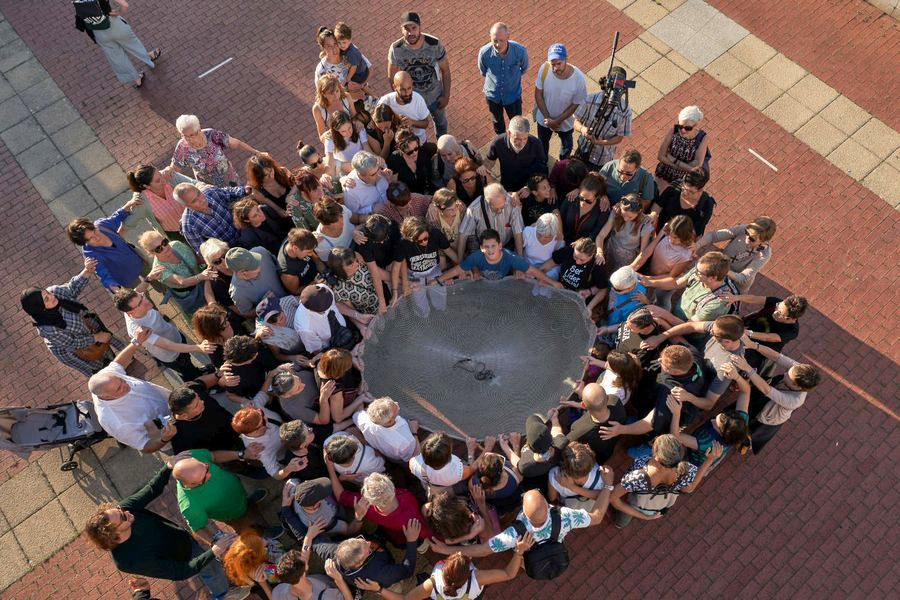Curatorial Activism and Practices of Listening: Revisiting Kuratorisk Aktion’s "Rethinking Nordic Colonialism" (2006)
DOI:
https://doi.org/10.1344/regac2024.10.46828Palabras clave:
curatorial activism, listening, feminist theory, transnational solidarity, art and politics, Nordic colonialism.Resumen
This article critically discusses the collective and collaborative curatorial practice of Kuratorisk Aktion, consisting of Danish curators Fred (previously Frederikke) Hansen and Tone Olaf Nielsen, though the case of their first exhibition project Rethinking Nordic Colonialism: A Postcolonial Exhibition Project in Five Acts (2006). The exhibition was a pioneering effort, which addressed systemic discrimination and racial silences in relation to minorities and Indigenous people in the Nordic region, through a focus on amnesia in the collective memory around Nordic colonial history. This article examines how the white Danish curators addressed and negotiated asymmetrical power relations between Denmark and Greenland, as well as asymmetries in relation to their own practice as curators and their position as Danes. Further, it analyses how the project assembled practicians from both the so-called Global North and the Global South, to enhance strategies of resistance across geographical divides and create alliances of solidarity across common differences, as suggested by feminist theorist Chandra T. Mohanty (2003). Through this historical example, the article contributes to ongoing discussions of creative forms of resistance, and alliances between arts and social movements in which assemblies and gatherings form generative strategies. This case study suggests how curatorial activism seeking to prevent forms of cognitive extractivism might be understood in relation to practices of listening, whilst reflecting on issues of privilege and authorship in collective and collaborative practices.
Descargas
Publicado
Número
Sección
Licencia
Derechos de autor 2024 Revista de Estudios Globales y Arte Contemporáneo

Esta obra está bajo una licencia internacional Creative Commons Atribución 4.0.
Los/las autores/as que publican en esta revista están de acuerdo con los términos siguientes:
- Los/las autores/as conservan los derechos de autoría y otorgan a la revista el derecho de primera publicación de la obra, que se difundirá con la licencia de reconocimiento de Creative Commons que permite compartir la obra con terceros/as, siempre que estos/as reconozcan su autoría, su publicación inicial en esta revista y las condiciones de la licencia.
- Los/las autores/as son libres de establecer acuerdos contractuales adicionales independientes para la distribución no exclusiva de la versión de la obra publicada en la revista (como por ejemplo su publicación en un repositorio institucional o en un libro), siempre que se reconozca su publicación inicial en esta revista.
- Se anima a los/las autores/as a publicar su obra en línea (en repositorios institucionales o en su página web, por ejemplo) antes y durante el proceso de remisión, con el objetivo de conseguir intercambios productivos y hacer que la obra obtenga más citas (véase The Effect of Open Access, en inglés).



